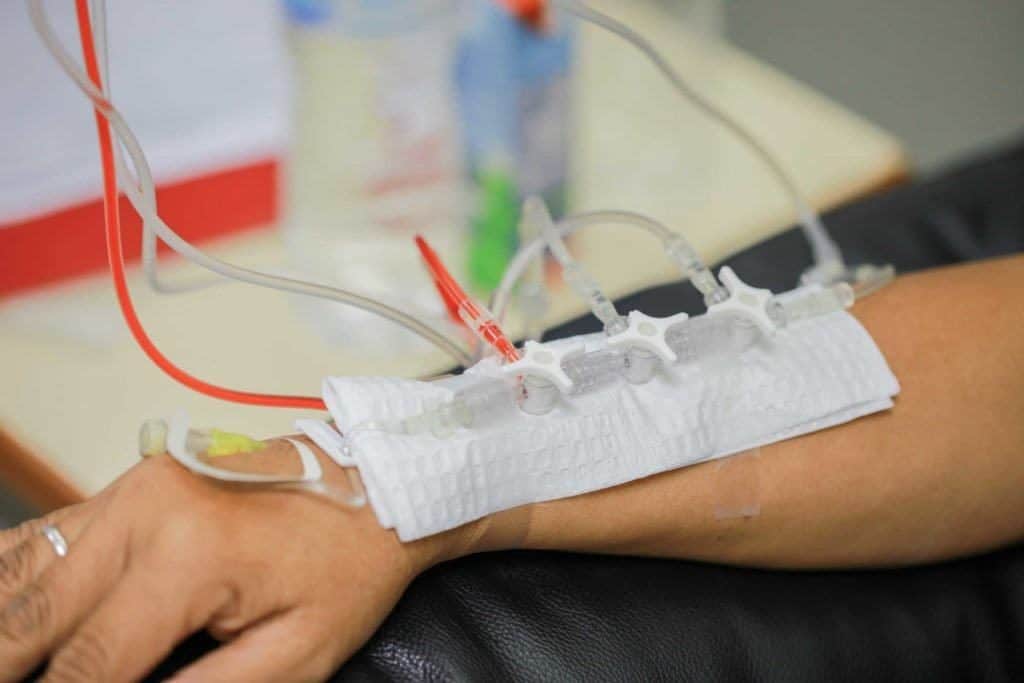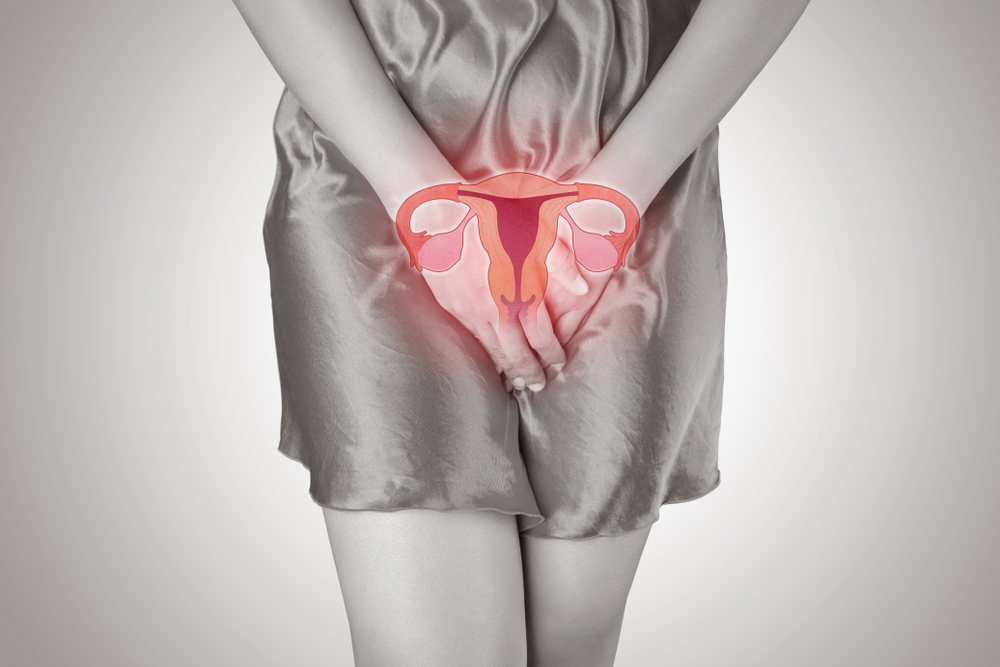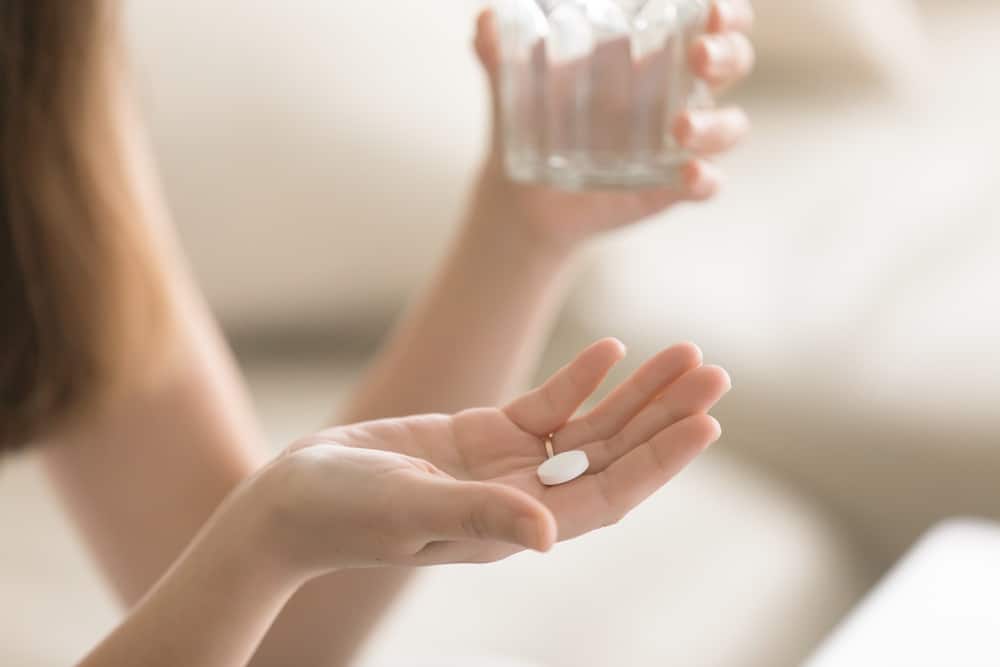Contents:
- Medical Video: How Much Protein Do You Need Per Day?
- Actually, how important is the protein requirement for children?
- Then, how many children's protein needs in a day?
- Boys
- Girl
- What are the good sources of protein for a child's growth period?
Medical Video: How Much Protein Do You Need Per Day?
The same is true for carbohydrates, fats, vitamins and minerals; protein is an important nutrient for the body that must be fulfilled by everyone - not least in children. Especially in the growth period, children's protein needs must be fulfilled well in order to support the rapid growth rate.
Therefore, as a parent, make sure you always pay attention to the right protein needs for your little one, no less or too much. So, what are the children's protein needs every day? Consider the following review.
Actually, how important is the protein requirement for children?
Although it is rarely known, protein has a big contribution to the growth and development of your baby. Because, protein is one of the main foundations for building, maintaining, and replacing damaged tissue in the body.
Not only that, protein also plays a role in maintaining a healthy metabolic process and acts as an antibody to maintain the immune system. Interestingly, the protein needs of children who are well fulfilled can replace the role of carbohydrates in producing calories, in order to provide energy for the body.
Given the importance of the role of protein in the body, it is important that you not just fulfill your child's daily intake. However, consider also the child's protein needs from the food and drinks he consumes according to his age level.
Then, how many children's protein needs in a day?
According to the Nutrition Adequacy Rate of the Indonesian Ministry of Health through the Minister of Health Regulation No. 75 of 2013, children's protein needs will certainly be different. This depends on gender, age, and daily activities. In general, the following are protein requirements that children must fulfill every day:
- Ages 0-6 months: 12 grams (g) per day
- Age of 7-11 months: 18 g per day
- Age 1-3 years: 26 g per day
- Ages 4-6 years: 35 g per day
- Ages 7-9 years: 49 g per day
When a child enters the age of 10 years, the child's protein needs will be differentiated by sex:
Boys
- Age 10-12 years: 56 g per day
- Ages 13-15 years: 72 g per day
- Ages 16-18 years: 66 g per day
Girl
- Age 10-12 years: 60 g per day
- Age 13-15 years: 69 g per day
- Ages 16-18 years: 59 g per day
You can make this reference from the Ministry of Health a range of daily protein intake for your little one. Because, as explained earlier, the protein requirements of each child may be different due to age, gender, and even the child's daily activities are not always the same.
There are children who actively play all day or take several lessons, but there are also children who spend more time resting, doing assignments, or drawing. Some of these things you should consider in order to adjust protein intake from children's food and drinks.
What are the good sources of protein for a child's growth period?
Animal food sources such as fish, eggs and beef are famous for their high protein content. Even so, there are various sources of protein that you can find easily, both from vegetable and other animal sources, namely:
- Know
- Tempe
- Almond nut
- Broccoli
- Spinach
- Soybeans
- Peanut butter
- Milk
- Yogurt
- Cheese
- Chicken meat
- Seafood such as fish, shrimp and squid.
Protein content in a type of food is not always the same, but varies depending on size, processing, and so forth. Even though protein plays an important role in the body, you must still consider how much protein your child consumes. Again, must be in the right portion according to gender, age, and daily activities.
Because the consumption of protein in excess amounts can actually harm the body of the child, because it causes dehydration, triggers loss of calcium, causing kidney problems.
This condition is because foods high in protein generally contain a lot of nitrogen, when nitrogen enters the body the kidneys must work harder to remove excess nitrogen through urine (urine). In some cases, the excess kidney work will have an impact on kidney damage.
However, back again, do not then really limit the little protein intake. Your job is to ensure that in the children's diet, there are a number of good balanced nutrition to support their growth and development.













